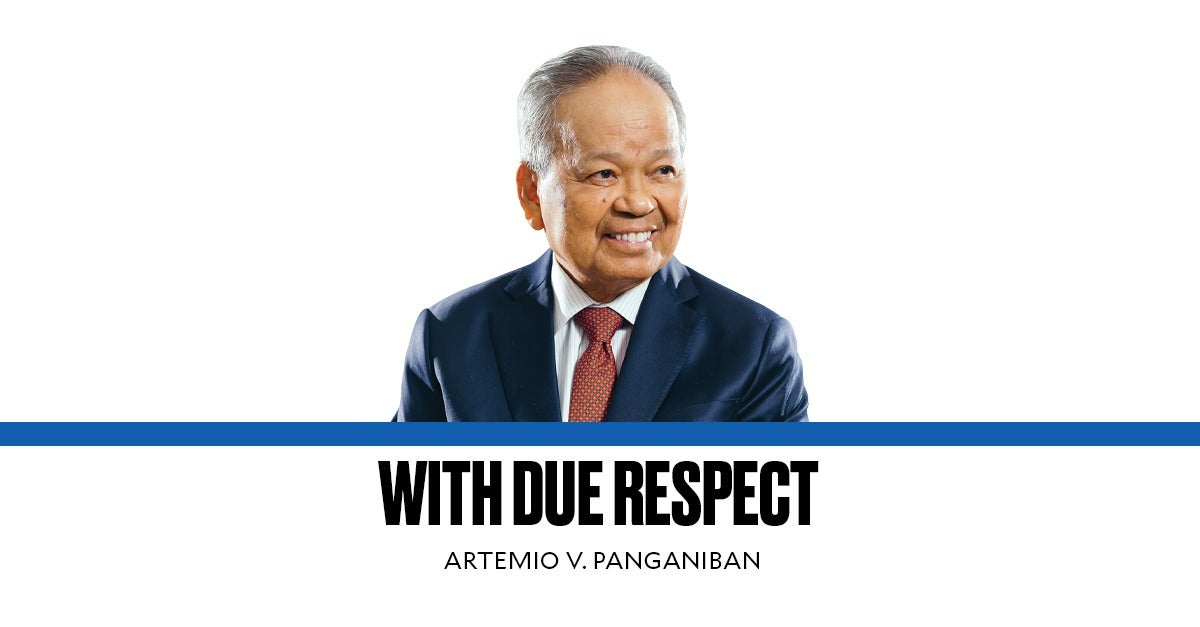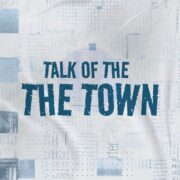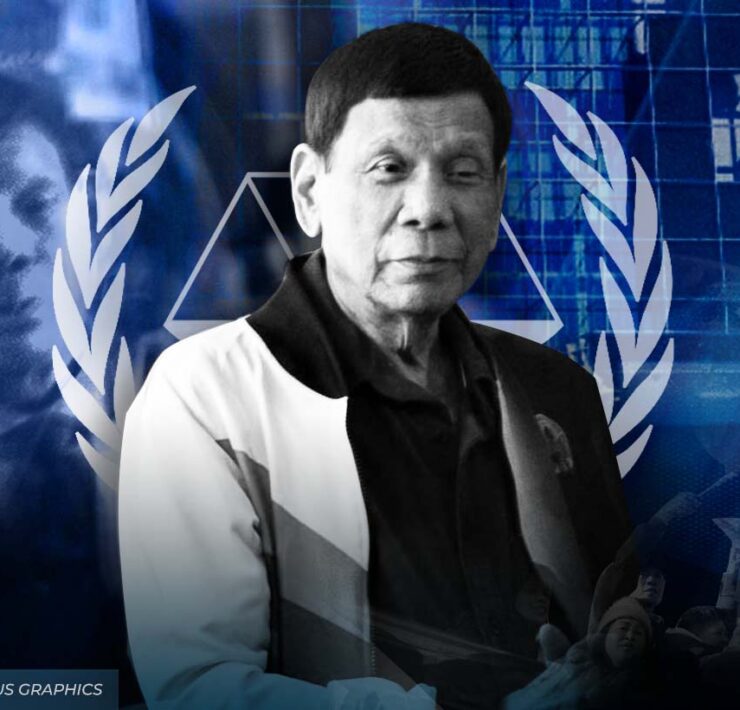AI in justice and governance

Every great revolution reshaped human life and the laws that protect it. The agricultural age gave us laws on land and food; the industrial age, on commerce and labor; the information age, on computers, data, and behavior. Now, with the dawn of the age of artificial intelligence (AI), technology no longer merely assists us; it begins to think, decide, and act. This evolution demands that our legal system transform with equal speed and clarity.
LAST MONTH MARKED THE THIRD YEAR of the Supreme Court’s Strategic Plan for Judicial Innovations (SPJI)—a five-year blueprint to render our judiciary more efficient, accessible, and responsive. While its timeline extends beyond the term of Chief Justice Alexander G. Gesmundo, it lays a foundation that future jurists must not only preserve but also strengthen.
I expect more legal research, transactions, and even hearings to be conducted electronically in real time, extending beyond the traditional halls of justice—a transformation that has not happened from my law school days to the bench. But the SPJI does more than modernize processes. It challenges the justice sector to embrace AI responsibly, with wisdom and foresight. The greater task lies not just in innovating but in monitoring its ethical, social, and political implications.
In 2003, I wrote the book “The Bio-Age Dawns on the Judiciary,” urging our courts to bridge science and jurisprudence. Since then, knowledge has expanded from the genetic codes of the biosciences to the intricate algorithms of computers. The dialogue between law and science has grown ever more complex and has never been more indispensable.
The SPJI is not only timely; it is profoundly relevant. It speaks to (1) the private sector, which transforms business models through AI and technology; (2) the public sector, which must empower IT experts to strengthen governance; and (3) the judiciary itself, whose mission remains to deliver fair, speedy, and accessible justice. Emphasis on speedy.
THE DIGITAL SPACE IS EXPANDING at an accelerated pace. Not long ago, a deadly virus confined us to our homes and ushered in a realm that was unfamiliar yet quickly comprehensible. There, we learned to access our needs, to connect, to express ourselves. Businesses, too, evolved not just to endure but to reach people on screens in real time.
Clearly, the same innovation that empowers us also exposes us to new risks. In this marketplace, trust has become the most valuable currency. Every action leaves a trace in an ocean of data—one that, when analyzed, can either assure security or invite harm. Even telesurgery, made possible by AI, 5G, and robotics, demonstrates how innovation can save lives across borders, while also raising new inquiries of liability and ethics.
As data breaches and cybercrimes rise, progress must be matched with protection. The Data Privacy Act (Republic Act No. 10173) and the Cybercrime Prevention Act (RA 10175) stand as twin guardians of our digital domain. Yet, the Intellectual Property Code (RA 8293) confronts new challenges as AI blurs the boundaries between human and machine creativity. The future of our digital society depends not only on innovation but also on the integrity that sustains it.
BEHIND EVERY DIGITAL SYSTEM must stand a skilled and trusted workforce. Recently, President Marcos approved RA 12254, the E-Governance Act, defining e-governance as the use of ICT “to provide public services in a more friendly, convenient, affordable, efficient, and transparent manner.” The Senate has held hearings on blockchain use in government budgeting and procurement, moves that may further ensure transparency and accountability.
Innovation alone cannot reform governance; any more than elections alone can ensure democracy. Success rests on the people who implement it. During the pandemic, we honored doctors and nurses as frontliners. Today, digital platforms demand a new generation of frontliners—our IT experts. Like nurses, many IT professionals seek opportunities abroad or in the private sector. Projections from Aon Consulting suggest that by next year, one in five skilled Filipinos may change employers, with the IT sector bearing the heaviest losses.
I commend the Supreme Court and its partners for the CALESA Digital project and its ongoing work to craft an AI Governance Framework to guide AI adoption in courts, while preserving judicial integrity. I hope this, too, offers essential precautions against inaccuracies in legal documents and fake case-law citations, and reminds the public to exercise critical judgment when using these technologies.
Nonetheless, we must move forward with creativity and vigilance. AI is transforming the world faster than the law can catch up. Our response must be governance-led, ethically grounded, and people-centric. In this era, people deserve a judiciary that is not merely efficient in its systems but steadfast in its principles and values—ready to safeguard liberty and nurture prosperity in an ever-expanding digital space.
—————-
Comments to chiefjusticepanganiban@hotmail.com





















